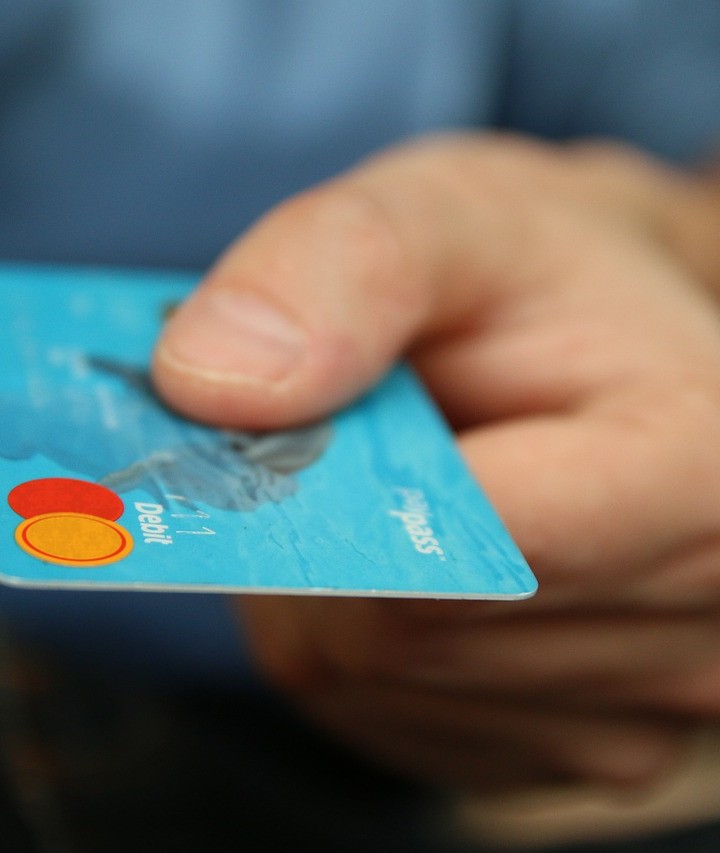There are many important aspects of divorce that need to be carefully planned, and financial issues are among the most critical because the consequences can be so far-reaching. If you are going through a divorce, a major financial decision you will have to make is how joint credit card debts will be handled. Divorce and credit cards is a complicated matter. It’s not enough for your divorce agreement to state who is the responsible party. Failure to pay those debts on time can affect the credit ratings of both of you unless the proper steps are taken.
It’s important to understand the two kinds of credit card accounts and how they are seen differently in terms of credit history and financial responsibility, especially regarding divorce and credit cards.
Individual account
- The account holder is the responsible party for payment of the bill.
- The account holder may designate other “authorized users” and have cards issued in their names.
- Don’t assume that just because you have a credit card with your name on it that the account is a joint account – you may be just an “authorized user” on your spouse’s individual account.
- On credit reports, the individual account may show up on both the account holder’s and the authorized user’s credit reports.
- If you live in a community property state, you may be responsible for any bills on individual accounts held by your ex-spouse.
Joint account
- If you have a joint account, it will appear on the credit reports of both you and your spouse.
- If you divorce, you are both responsible for any bills on joint accounts.
- Credit card companies are obligated to close or freeze a joint credit account at the request of either holder on the account.
So how can you protect yourself from credit card disaster during a divorce? It’s always best to consult with a financial advisor on your individual circumstances, but in general financial experts recommend you take the following steps:
- Freeze all joint credit accounts now. If there is an outstanding balance, most creditors will not close the account but they will freeze it at your request. This will prevent any new charges that may hurt your credit down the line.
- For any individual account you hold, remove your spouse as an authorized user. It’s important that only you will have authorization to charge items on your individual accounts. Not only will this allow you total control of the accounts, but will ensure that you have your own credit after the divorce.
- Request credit card companies to convert any joint accounts to individual accounts in the name of the person will be responsible for paying them. Just be aware that credit card companies are under no obligation to do this. They may require that the balance be paid in full, or that the individual apply for credit in his or her own name, and then transfer the balance to the new individual account.
- Decide with your spouse who will be responsibly for repayment in full of specific accounts. It’s easier if each account is managed by just one person. Just be aware that any agreements you and your spouse make as to these debt allocations are not binding on a third party – namely, the credit card company. If your ex-spouse agrees to pay an account and then defaults, the credit card company can still hold you legally responsible to pay it. If that happens, you are legally entitled to sue your ex for that money.
Divorce planning is crucial to making sure debts are fairly allocated and that you are financially protected. Divorce and credit cards can be a sticky issue for some, so it’s wise to consult with a divorce financial planner. Part of what a Divorce With Dignity divorce facilitator does is to help you with planning all aspects of your divorce, providing referrals to professionals such as divorce financial planners/advisors to assist you with your unique financial circumstances. Let us help you to achieve a peaceful divorce where everyone is protected and fairly treated. Contact us today for more information.
The author of this blog is not an attorney and the information contained in these blogs should not be considered legal advice. The information provided here is based on the experience of the author and some of her clients whose actual names are not mentioned. Do not hesitate to seek the advice of an attorney if you have any legal questions.


